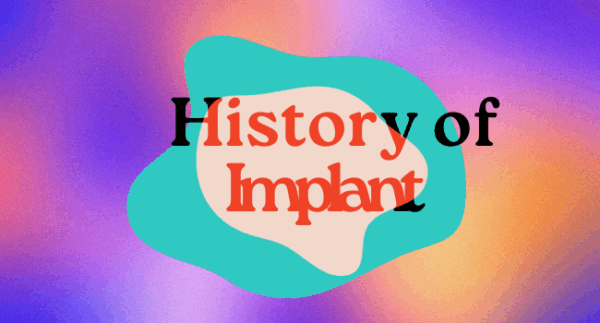Contraceptive Pearl: Understanding Conventional and Non-Hormonal Approaches to PCOS
By Lakshmi Sundaresan, MD
Polycystic Ovary Syndrome (PCOS) is a common endocrinological phenomenon, often manifesting with symptoms of irregular periods, coarse facial/terminal hair, and glucose intolerance.¹ Conventionally, treatments for PCOS are tailored to the manifestations of hyperandrogenism, insulin resistance, and menstrual irregularities that patients experience. In 2023, the International PCOS practice guidelines were updated to help clarify diagnostic criteria and treatment of these patients who often experience discontent in their medical management.²
Oftentimes, treatment of menstrual irregularities is managed through contraceptives. However, treatment should consider the patient’s desire to prevent or achieve pregnancy in concert with their desire to manage PCOS symptoms. This Pearl offers contraceptive and non-contraceptive options to manage some symptoms of PCOS. Of note, no medical therapy is approved for use specifically in PCOS and instead is centered on evidence-based off-label use.²
For anovulatory people with PCOS who are trying to conceive, Letrozole, a potent aromatase inhibitor that suppresses estrogen production, is considered the first-line pharmacologic treatment for ovulation induction. If not letrozole, a combination of clomiphene and metformin is often prescribed. Those desiring pregnancy prevention and seeking menstrual regulation will likely need to be prescribed hormonal methods to lower the risk of endometrial hyperplasia.³
Not all patients are interested in hormonal approaches to management of their reproductive goals, and integrative medicine strategies represent underutilized treatment options. For patients with PCOS who are trying to conceive, one promising non-hormonal approach is treatment with inositols, which are related to the class of B vitamins. In one meta-analysis of the 12 randomized-control trials reviewed, oral administration of Myo-inositol alone (200mg-4g) or in combination with D-chiro-inositol (27.6 mg) assisted in the restoration of spontaneous ovulation and improved fertility in people with PCOS.⁴ Though practice guidelines hesitate to strongly recommend the use of inositols in PCOS treatment, they do acknowledge their limited harm and importance for consideration in patient-centered approaches to care.²
RHAP Resources:
Your Birth Control Choices Fact Sheet
Reproductive Health Access Project Store
Sources:
Pharma-free
Sign-up to Receive Contraceptive Pearls Monthly!
If you enjoyed this Contraceptive Pearl, sign up to have them delivered to your inbox! Contraceptive Pearls are released on the third Tuesday of every month!

